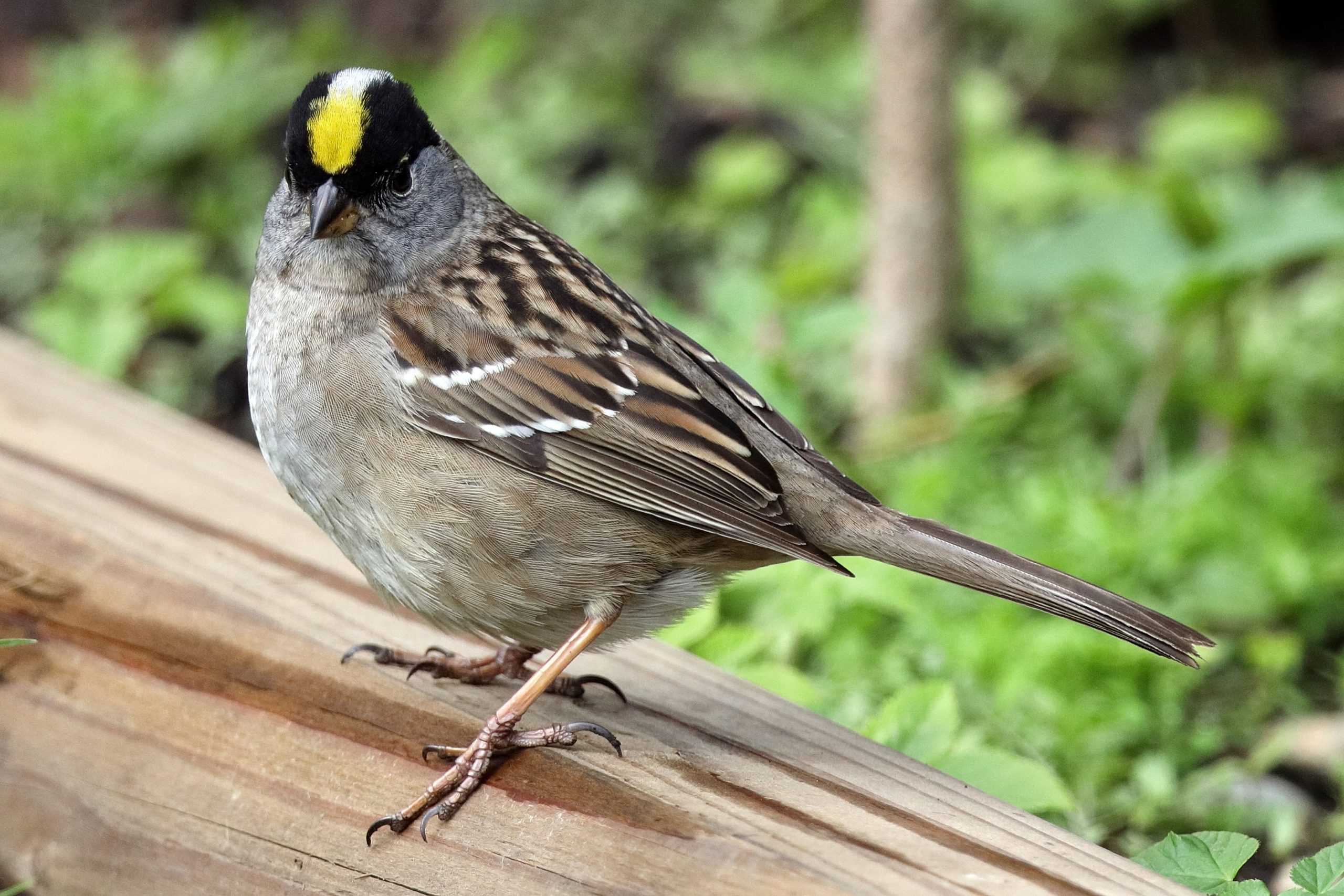Support Us
Since 1979 more than 140,000 animals have been treated by Wildlife Rescue.
Thanks to the support of individuals like you, Wildlife Rescue can provide a lifeline for animals in distress.
Your yard provides a rich resource of food and shelter to wildlife all year round. In the fall it can be more so as food and a safe place to live become harder to find. While you might want to tidy up your yard before the winter months, here are a few reasons why it is good to hold off.

Your yard is a precious resource for so many species of wildlife, thank you for taking care of it.
If you see a bird that has exposed bone or blood, bugs or insects covering it, no feathers, or a bird that is sleeping, human intervention is required. Please contact our Support Centre for assistance.
If you would like to help with the many efforts of the Wildlife Rescue Association, please click here to learn more.
The wildfires, north and south of Vancouver have, at times, made it hard to breathe and have given us a sense of “unease”. Even though we live in urban settings and the wildfires are hundreds of kilometers away, we still feel the impact of the fires. Wildlfe Rescue provides care to hundreds of birds at this time of year, some displaced by wildfires and many, many injured in window and car impacts.
Every year, approximately five billion pounds of pesticides are used to control pest populations – harming local wildlife on the ground, sea, and sky. Chemical pest control solutions are a common part of our lives – whether it is a golf course, restaurant, or our own home. These different chemicals have a fatal effect on our wildlife – even threatening some wildlife populations. Each chemical may have a different impact on wildlife some fatal, others may bioaccumulate and others may pose no harm.
Ideally, all hummingbird feeders should be taken down in September of each year before migration begins. Leaving feeders up will not discourage migration, as hummingbirds that migrate are instinctually driven to do so, however; it can alter their behaviors. In some cases, these feeders are left up unknowingly and without proper care, which can ultimately lead to the fungal infections, starvation and death of the hummingbirds which have become dependent on them for survival.
Wildlife Rescue provides care to hundreds of animals each year including the Glaucous-winged gulls, pigeons, crows, ravens, and some small songbirds due to improperly discarded waste in the environment. These injuries cause tears, rips and in some cases create difficulty breathing and lead to death in some wildlife.
Wildlife Rescue Association of BC is a leader in rehabilitating wildlife and in promoting the welfare of wild animals in urban environments. To fully execute this mission Wildlife Rescue staff and volunteers to practice species-specific care for all wildlife including those vulnerable to imprinting and habituation.
This care is essential for the healthy development and rehabilitation for each animal, so they are successful in their natural environments upon release.
A familiar sight on British Columbia’s coastline, gulls are both a staple and a nuisance to those in public places. No matter your stance, we can agree that gulls are a crucial part of BC’s ecosystem and biodiversity – a part that keeps the population of their prey (such as fish) in line. Canada Geese are also an important part of British Columbia’s ecosystem since their method of gathering food (grazing) spreads seeds and allows plants to grow. These two bird species are seen nesting on rooftops in the lower mainland this time of year, where they have adapted their natural nesting behaviour to large buildings and busy cities.
Bats contribute to our environment in both invisible and visible ways. At night, they are our pest control, since one bat can eat as many as a thousand mosquitoes in an hour. Not only do they control pest populations (which aids the agricultural industry), bats can also pollinate plants. It has been estimated that a hungry bat can devour up to 3,000 insects in one night! Not only does this reduce the need for farmers to use pesticides, but it also helps manage the overpopulation of certain insect groups (including mosquitoes).
Bees are an important part of maintaining a healthy environment. Bees help with the pollination of plants and food crops that produce fruits and seeds. Bees help restore biodiversity and support a variety of plants and wildlife. Bees play a crucial part in our lives and together we need to help protect them. Agricultural activity, damage, and removal of vegetation, deforestation, climate change and habitat fragmentation are a few of the factors that have had a crucial impact on bee populations.
Home to half of the world’s species, World Rainforest Day was created in 2017, to take action to combat deforestation, reduce the effects of climate change, and protect our rainforest. World Rainforest Day aims to help restore and regenerate healthy rainforests in your local communities.